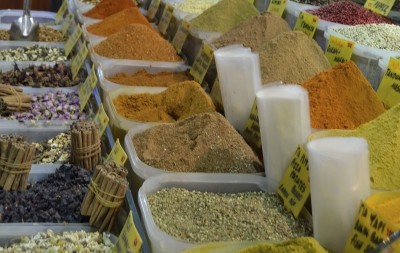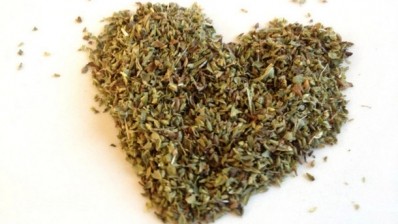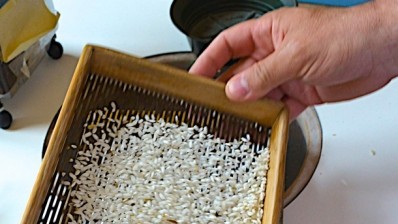Beat fraud with tough penalties, as fines unveiled

Welcoming news that the first person to be sentenced connected to the horsemeat scandal could face two years in prison, Qadex operations manager Tracey Cranney said only tough penalties would prevent criminals ripping off the food and drink industry and its customers.
“Harsher punishment is absolutely necessary to deter criminals from targeting the food industry, so we welcome any jail sentences,” said Cranney. “These criminals have deliberately deceived retailers and consumers for their own gain, and actions like these tarnish the whole industry. It is vital that once identified these fraudsters can be prosecuted so the food industry is not seen as an easy target for criminals.”
Last week a new law came into force removing the £5,000 cap that formerly limited the maximum fine magistrates could impose. Changes to the Legal Aid Sentencing and Punishment of Offenders Act 2012 will allow magistrates much more flexibility when deciding punishments for so-called level five offences.
‘Holds lighter punishment’
Law firm DWF highlighted comments from justice minister Mike Penning: “Dangerous criminals will always belong in prison but it is important that magistrates, who sentence the majority of offenders who come through our courts, have the power to hand down the appropriate punishment with the severity they see fit. Criminals should be in no doubt that if they break the law they will face consequences and where a fine is the most appropriate sentence this could run into several thousands.”
Food fraud traditionally resulted in lesser penalties than those imposed for other types of crime, Cranney noted. “We’re yet to see the effect of these jail sentences on the lucrative food fraud industry – it still holds lighter punishment than other crimes so we’re not positive that criminals will be deterred. All food businesses need to be vigilant and only work with trusted and audited suppliers.”
Food fraud headlines
- Magistrates allowed to impose unlimited fines
- Peter Boddy faces two years imprisonment for horsemeat offences
- Michael Redhead jailed for six months for fish fraud
- Hundreds of fake vodka bottles seized
But EU courts are starting to hand down much tougher penalties for those convicted of food and drink fraud, conference organised by NSF International was told last month. Dominic Watkins, a partner with DWF said: “The game has changed as far as the food industry is concerned over the past couple of years.”
Millions of pounds
Head of the Food Standards Agency’s Local Delivery Division John Barnes said fines in the millions of pounds were available to deter criminal from food crime.
Meanwhile, Peter Boddy, the boss of a slaughterhouse where 17 horse carcasses were found, admitted to criminal charges in January. Boddy faces a jail sentence for failing to abide by the EU’s meat traceability regulations.
Boddy will be sentenced at London’s Southwark Crown Court on Monday March 23.
In another food fraud case, Michael Redhead, company director of Michael Redhead Associates Limited was jailed for six months and his company fined £50,000, after he pleaded guilty to food fraud.
Redhead was convicted off passing of oriental perch as the more expensive sea bass.
The FSA’s head of food crime, incidence and resilience praised Hull City Council was prosecuting Redhead. “It is very encouraging to see local authorities take effective action to crack down on this sort of fraud. Fish substitution defrauds the customer and can tarnish the whole industry,” he said.
Concern has also focused on the growing problem of fake booze, as hundreds of bottles of counterfeit Glen's vodka were seized by enforcement officers in February.

















